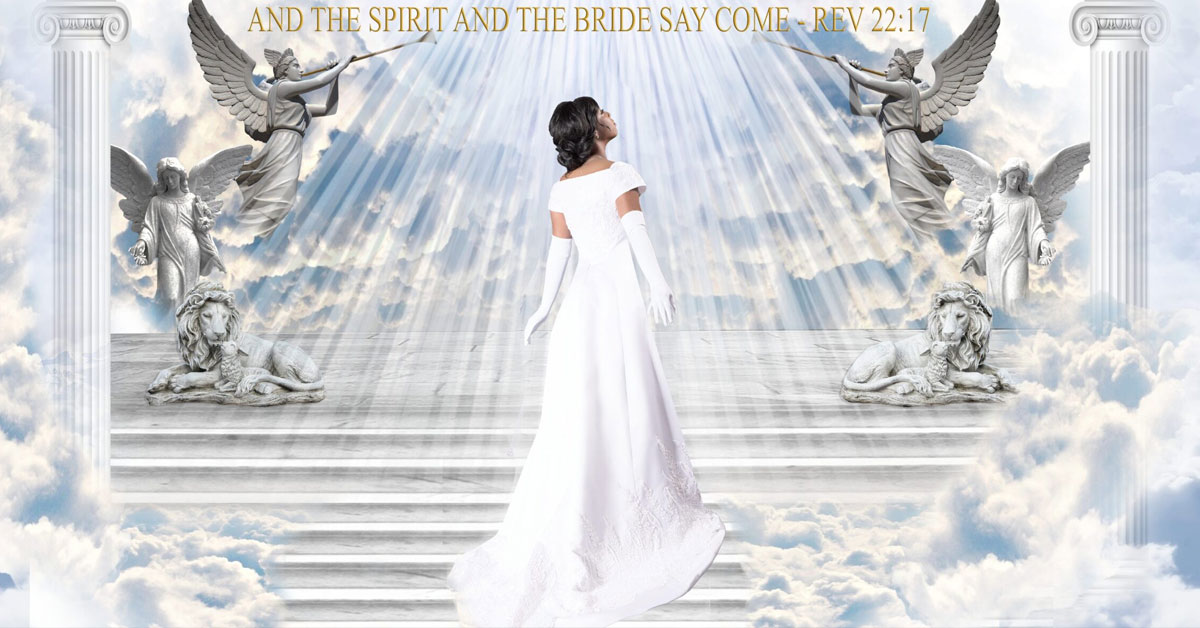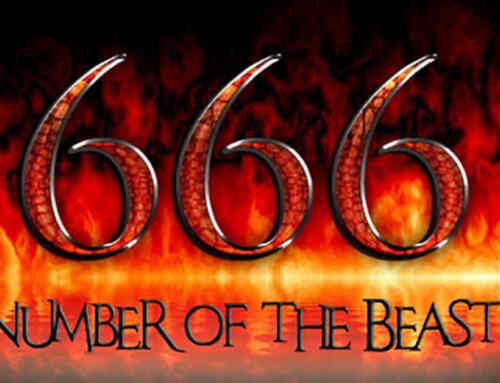1 Corinthians 11:26 tells us, “For every time you eat this bread and drink the cup, you proclaim the Lord’s death until he comes.”
Some have taken this text and believe that it does not matter when or how often they partake of the bread and cup. They believe the more they do this, the better it is.
We think there is a deeper significance to these words. 1 Corinthians 5:7,8 say, “…Christ our Passover is sacrificed for us. Therefore let us keep the feast…” Jesus is our Passover or Pascal lamb. This partaking of the cup and the bread, called the Lord’s Supper by the Apostle Paul, is a replacement of the Jewish Passover. How often did God have the Jews celebrate the Passover? Luke 2:41 tells us, “…went to Jerusalem every year at the feast of the Passover.“
The Passover was always eaten on the 14th of the Jewish month Nisan. We are so told in Leviticus 23:5, “In the fourteenth day of the first month at even is the LORD’s Passover.”
We know some partake more often or at a different time than we believe the Scriptures above show. While we may not agree with them on this point, we note the context of the whole book of Corinthians. (1 Corinthians 11:20-22, “Now when you come together at the same place, you are not really eating the Lord’s Supper. For when it is time to eat, everyone proceeds with his own supper. One is hungry and another becomes drunk. …Or are you trying to show contempt for the church of God by shaming those who have nothing? … I do not praise you for this!”) The Apostle Paul is not emphasizing the details and the correct time. His emphasis is on the heart attitude of reverence for our heavenly Father and love and appreciation for our Lord Jesus, and the family of God we are privileged to share this with. This should also be our emphasis. Yes, we want to do things exactly as our Father has designed, but we mostly need to be humble and love all – even our enemies – and especially our brethren.
Additional Resources:
(PDF) “Notes on the Passover and the Memorial”
Written by Anton Frey, this 37-page treatise compares Israel’s ancient Passover observance with the Memorial of Jesus’ death. Discover how Israel’s freedom from Egyptian slavery illustrates the greater deliverance of mankind from the bondage to sin and death. The Memorial symbols of the bread and the cup are dealt with extensively with lovely personal applications for the consecrated believer.
(PDF) “Heart Communion with Jesus: The Last Week of Jesus”
This 43-page booklet traces the last week of Jesus’ earthly ministry. It pieces together the four Gospel accounts endeavoring to offer a sequential order for each day. Also included is the record of Jesus’ post-resurrection appearances.
Christian Questions Podcast
Episode #1224: Why Should Christians Care About Israel’s Deliverance From Slavery?
Absorbing the profound lessons Israel’s Passover teaches about Jesus
Preview Video
CQ Rewind Show Notes









